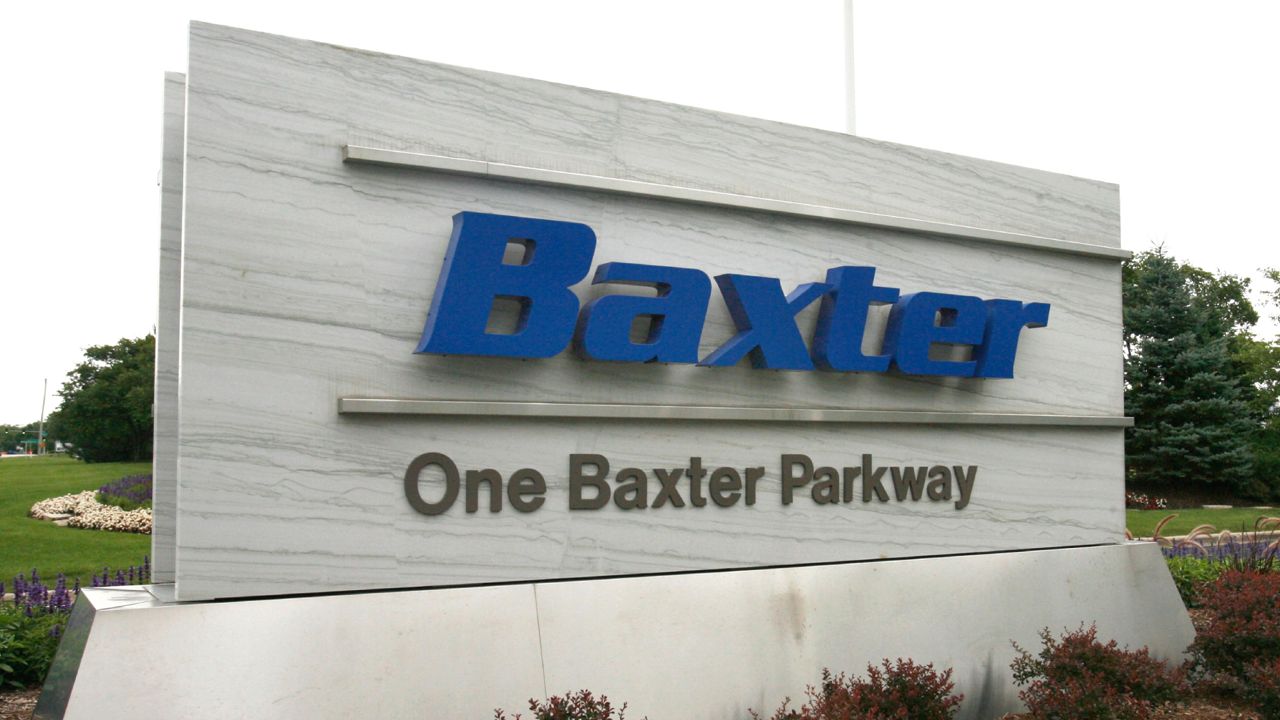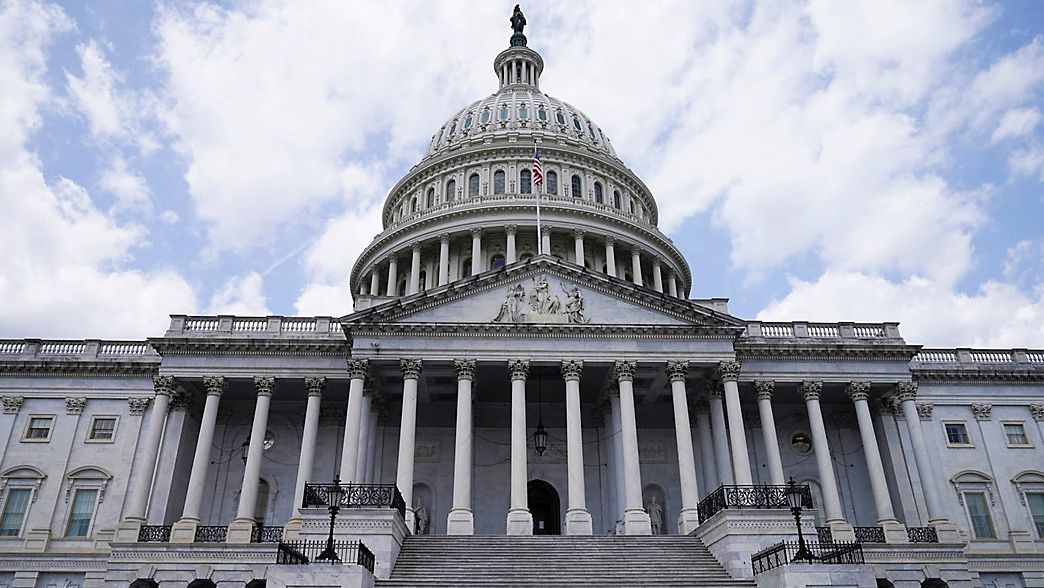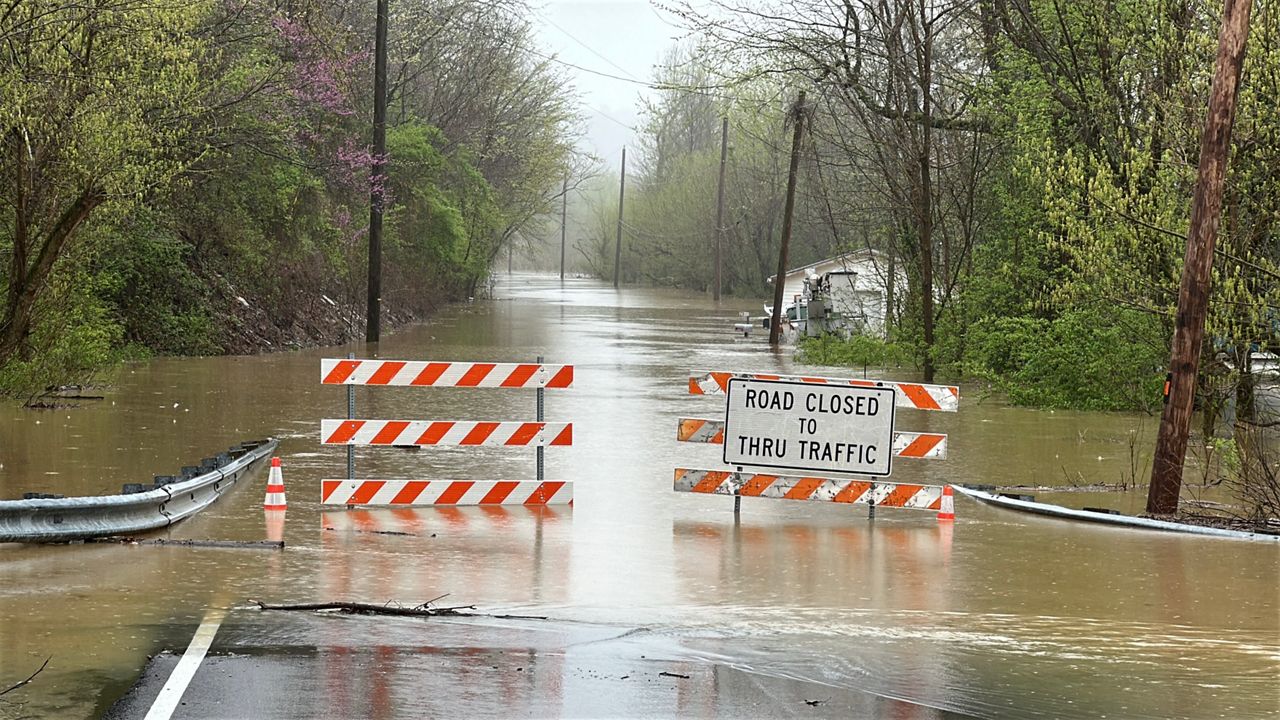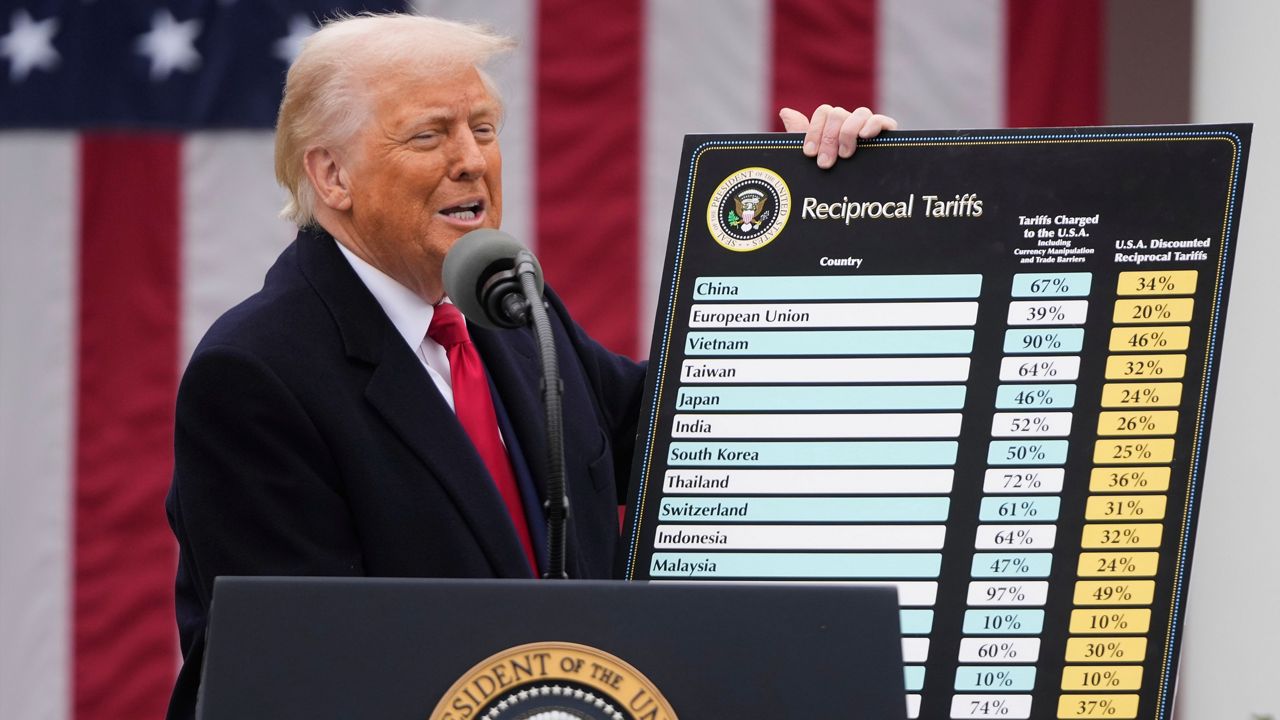LEXINGTON, Ky. — The effects of Hurricane Helene continue to be seen nearly two weeks later. Catastrophic flooding from Hurricane Helene has shut down Baxter International, the country’s largest manufacturer of IV fluids.
Baxter International’s their North Carolina factory was affected by heavy rain and storm surge.
Dr. Lee Dossett, chief medical officer at Baptist Health Lexington said the health care system has been in constant contact with the company.
“We’ve been told from them that they are cautiously optimistic about getting some of the factory up and running sooner rather than later. We’ll see how that turns out,” Dossett said.
Dossett says Baxter makes approximately 60% of IV fluids for hospitals nationwide. Right now, the hospital is taking efforts to conserve their supply.

“At this time we’re not canceling any surgeries, we just made the decision to not schedule any elective procedures at least through next week,” Dossett said.
Dossett said elective procedures are defined as a surgery that does not need immediate attention as long as there is no-risk to the patient. Fluids are used in the emergency room, operating room and even post recovery.
“We told our doctors if a patient is able to eat and drink [it’s] ok [to] think about stopping their fluids. If they can take pills, switch an IV antibiotic to a pill,” Dossett said.
Similarly, other hospital systems including UK Healthcare, Norton Healthcare, CHI St. Joseph and UofL Health told Spectrum News they are taking similar conservation measures.
UofL Health sent Spectrum News 1 a statement that reads:
“UofL Health has implemented some precautionary conservation measures for IV fluids, but no procedures have been cancelled.”
For Dossett, he has a message for Baptist Health patients.
“If they come into the hospital for any reason, we’ll take care of them and my hope would be they would not even notice a difference in care that they’re receiving because of this shortage,” Dossett said.
UK Healthcare said in a statement, “UK HealthCare has implemented measures to modify prescribing and administration practices to help conserve supplies. UK HealthCare’s Materials Management and Pharmacy Supply Chain teams are working to maximize the days supply on hand, as well as identify opportunities for conservation. Additionally, a special task force on drug shortages is being formed to identify and assist in projected supply constraints.”
CHI St. Joseph Health in Lexington said, “At CHI Saint Joseph Health, patient safety remains our highest priority. We currently do not have any shortages; however, we are proactively taking recommended steps to conserve supplies.”
Norton Healthcare added,
“While a few of our hospitals utilize the product, we have been able to manage needs with conservation efforts as well as supply from another vendor. One of the benefits to the Norton Healthcare system is our ability to shift supplies as necessary. Our supply team has been tracking this situation and is watching it closely.”
Baxter states they’ve increased allocation levels for direct customers from 40% to 60% and for distributors from 10% to 60%.
Baxter’s North Cove, North Carolina facility, is its largest factory. They hope to restart full production at the plant by the end of 2024.












